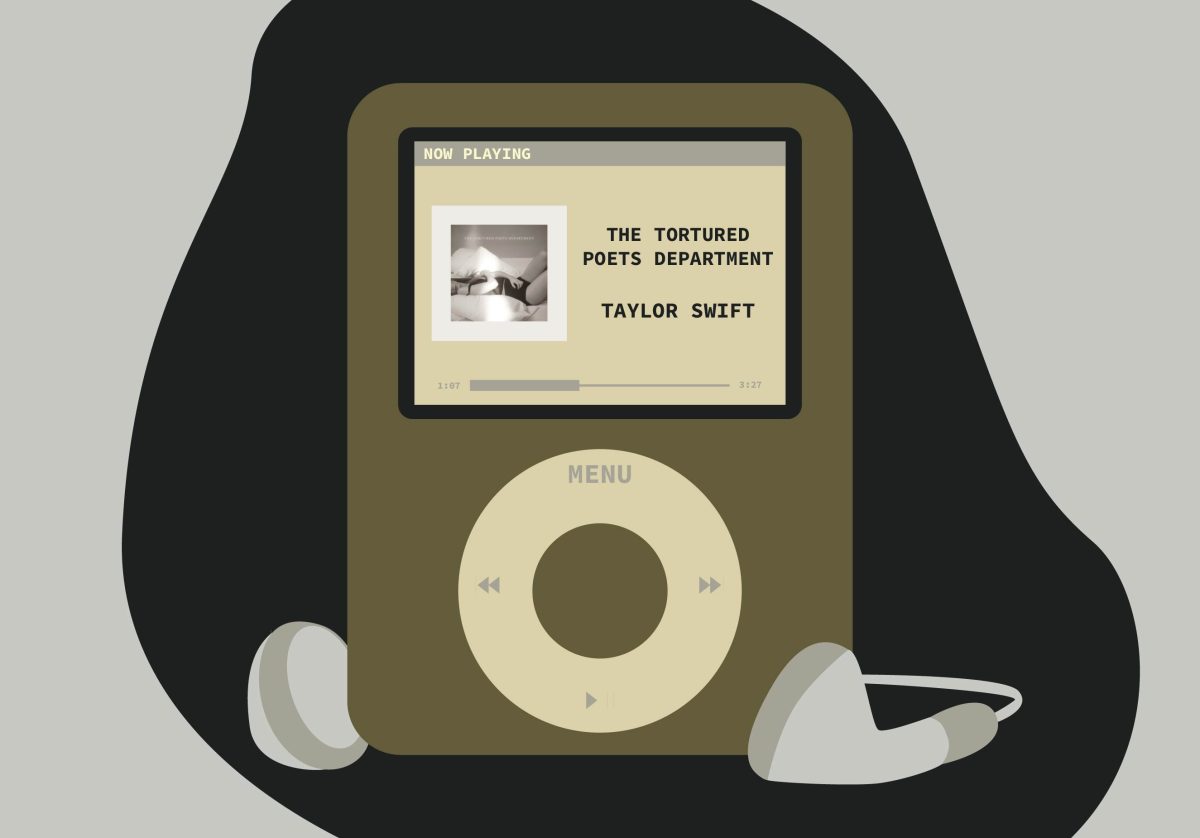There have always been two major qualities that have made Bjork one of the most compelling artists of the last decade. Not solely in a pop-culture context, but with musicologists, contemporary, classical and avant-garde followers as well.
The first, and instantly striking feature, is her voice. It sighs, it shrieks, it croons, it roars and hits every range and emotion in between with a mysterious elfin, Icelandic inflection. It is a voice as timeless and recognizable as Aretha Franklin or Pavarotti.
Voice alone however, does not make Bjork the highly regarded artist that she is. If that were the case, singers such as Mariah Carey or Christina Aguilera would overcome their teeny-bopper genre without irony.
Bjork embraces the new and undiscovered. Throbbing techno beats, fuzzy glitches and swirling strings give her music a quality that merges orchestras and laptops. It sounds as though a hole opened up in the universe and allowed Bjork to reach into the past and the future to grab whatever snippets of sound pleased her.
The emphasis she placed on technology made her a pioneer. The song “Modern Things” perfectly sums up the tone of Bjork’s music as a whole: “All modern things/ have always existed/ they’ve just been waiting/ to come out/ and multiply/ and take over/ it’s their turn now.” From danceable pounding clanks and heavy distorted bass beeps that sprinkle “Debut” and “Post,” to the sounds of computers dreaming in “Vespertine,” Bjork has used machines to create soundtracks that feel as though they transport the listener into the future – a kind of digital Salvador Dali painting.
On Bjork’s latest album “Medulla,” she abandons the musical landscapes which have become part of her signature sound. She has packed up the laptop and stored it in the closet, and instead focused “Medulla” almost exclusively on voice. Not just her voice, but all kinds of voices – any sort of sound produced by the human throat.
But don’t think that Bjork has turned her back on technology. Though many of the compositions are comprised of just vocals, they are mixed and scattered like they’ve been thrown into a blender. The songs on “Medulla” depend heavily on mixing done by a computer.
One of the most interesting aspects of “Medulla” is the beatboxing provided by Rahzel (with help from Dokaka on “Triumph of the Heart”). While the album has significantly less machine noise than previous Bjork records, the beatboxers are essentially imitating beats made by computers – the mouth-percussion hiccups and scampers like the beats conjured by IDM laptop artists.
Rahzel’s complicated rhythms provide a classic Bjork juxtaposition beneath the gothic hums of the Icelandic and London choirs used throughout “Medulla.” Once again, Bjork succeeds at creating the astonishing feeling of transcending time.
Though it is often hard to believe Rahzel could possibly be making those beats, during quieter moments, his short gasps for air can be heard. Especially when he purrs a deep bass line, he brings a human warmth to the cold computer sounds he imitates. Because of this touch, his presence feels a part of the album’s conception, not a forced compensation for instruments or laptops.
Of course, the major element that allows this album to work is Bjork’s vocal chords. She sounds as lovely and enchanting as ever. On this album her voice leaps out more prominently on top of the mix. The end of “Desired Constellation” finds Bjork repeating “How am I going to make it right?” in a soaring yet painful cry. Her voice has the power to be gripping on its own, or to rise above and lead choir.
With the emphasis on voice, even the more up-tempo tracks would never make it onto a party soundtrack. In fact, next to Bjork’s most dynamic songs on “Debut” and “Post,” “Medulla” sounds somewhat meek.
However, it is unfair to obsessively compare “Medulla” with the rest of Bjork’s discography. This is a concept record. It has a specific purpose, an idea it needs to indulge. Like John Cage’s prepared piano or maybe even like Bob Dylan switching to electric guitar, Bjork is taking a risk.
But it is explorations like these that keep music on its toes, keep this world from becoming too mundane. Whether “Medulla” stands up to past Bjork works hardly matters: Bjork has made a beautiful record, one that probably sounds unlike anything else in your record collection.















